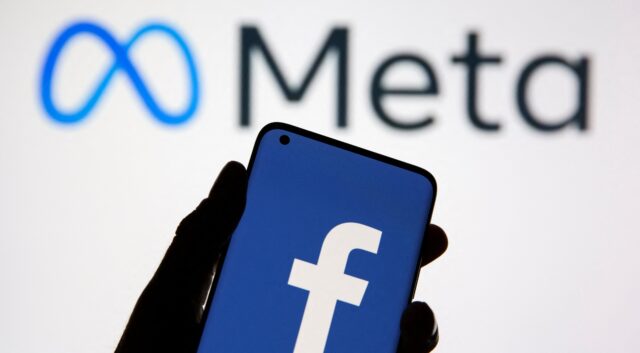Native or Hybrid App?
Jun 14, 2020
What is Native Application
Native application is a software or program which has been developed to perform some specific task on particular environment or platform.
Native application built using software development tools (SDK) for a certain software framework, hardware platform or operating system.
Like Android app built using Java Development Kit on Java platform, iOS app built using iOS SDK, Swift and Objective C. Similarly, .NET required for Windows platform.
What is Hybrid Application
Hybrid apps are native apps only because it can be downloaded from platform’s app store like native app. It can get access to all the native platform features. It can have performance close to native app.
The major differences are listed below
- Hybrid apps are built using web technologies like HTML, CSS and JavaScript whereas Native apps built with specific technology and language for specific platform like Java for Android, Swift for iOS.
- Hybrid app runs in webView (A view that displays web pages, uses the same engine of browser but no browser like widgets)
- Native plugins required to access the native features of the platform like camera, mic etc. (Native plugins are like wrapper on top of native libraries or components)
- Hybrid app can be built for any platform from single code base.
Why Hybrid App?
- Single code base for all platforms means write once and run anywhere but for native app scenario, we need to build and maintain separate app and code for each platform.
- Same development team can deliver app for any platform including website as well because all required is web technologies.
- Hybrid App is based on web technologies, so same app can be run on browser like any other website or can be run as Progressive Web App(PWA).
- Hybrid apps can achieve the same hardware-based performance acceleration as native app.
- Hybrid app can have same and consistent user experience across platform regardless of user moves between different devices or browser.
Drawbacks of Hybrid App
- For most applications, performance is same as native app but 3D, HD games, high graphics-oriented apps and other performance centric apps, hybrid approach might not go well.
- Hybrid app can able access all the native device features like touchId, media etc. but dependent on native plugins. Sometime entire new device feature might be not being readily available as native plugin. We can write our own but it adds complexity to the development.
- Hybrid app is having dependencies on different libraries and frameworks like Cordova, Ionic which have to be in sync with latest platform version changes and releases.
Why Native App?
- Graphical Applications, HD games, intensive animation applications might perform well as native app because Native code is still faster than HTML and JavaScript. WebGL standards helps browser and hybrid app for gaming apps to meet performance but still native has edge.
- Native SDKs allows to access device features without dealing with complexity of native plugins and new device features will be available out of the box along with SDKs.
- Not much dependencies on open source libraries and platforms like Cordova and Ionic.
Drawbacks of Native App
- Separate development effort for each platform which increases the development time.
- Each platform code will have its own release cycle and updates which adds to development time and cost.
- Releasing same feature on all platform at same time always challenging because of different code base.
- Different skill set required to develop and maintain the same application on each platform which adds to the cost.
Summary
The decision to choose hybrid or native is based on goals and priority of the organization. Use case, nature and environment of the application can also influence the decision. Hopefully this article helps to choose the right approach.
By:
Our Copywriting Team | Extracted from https://codeburst.io





